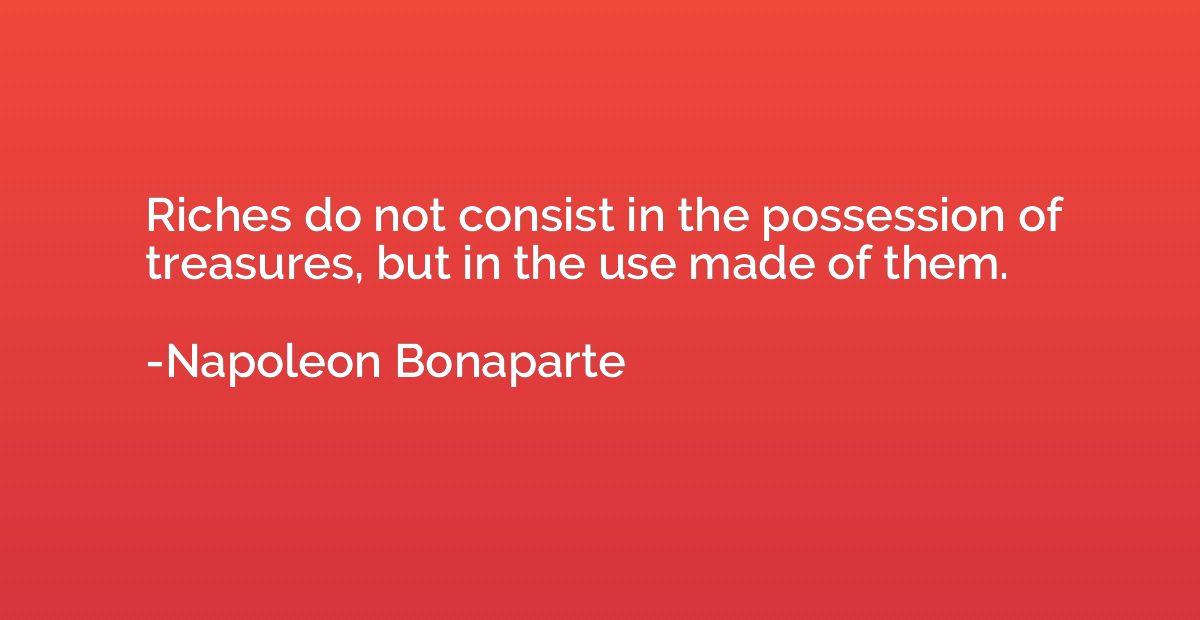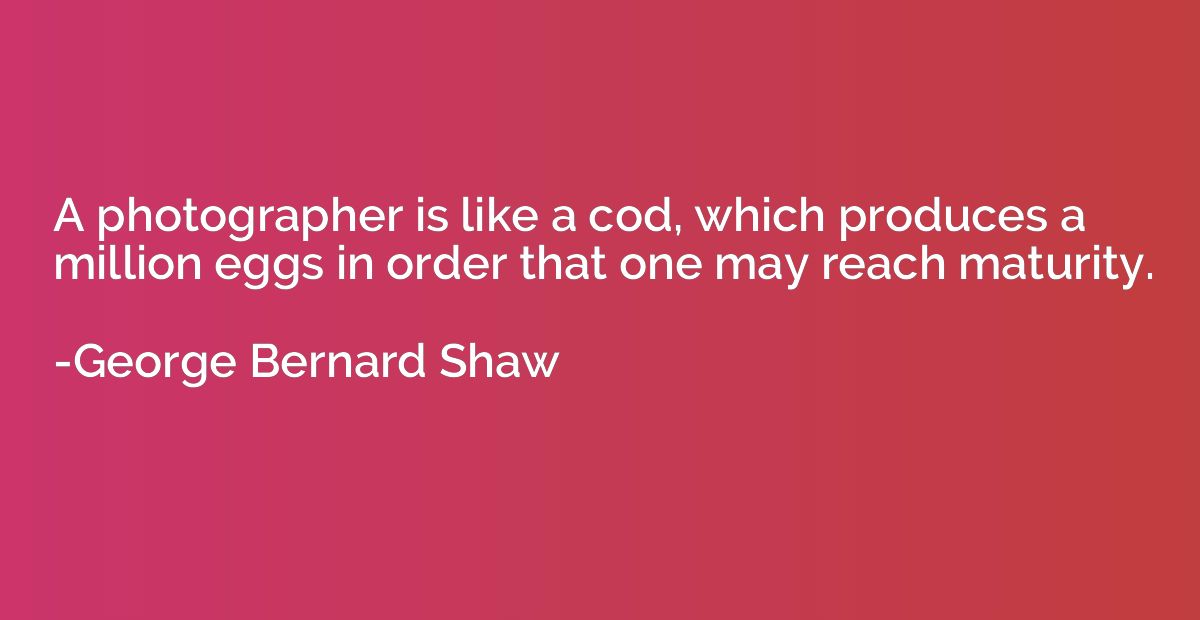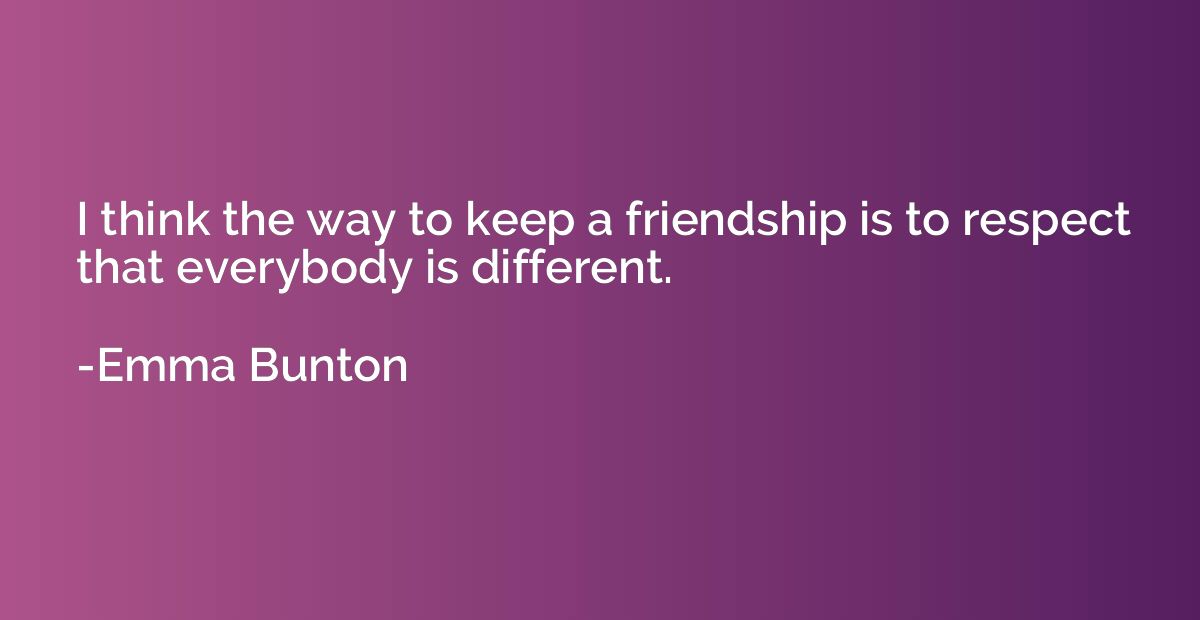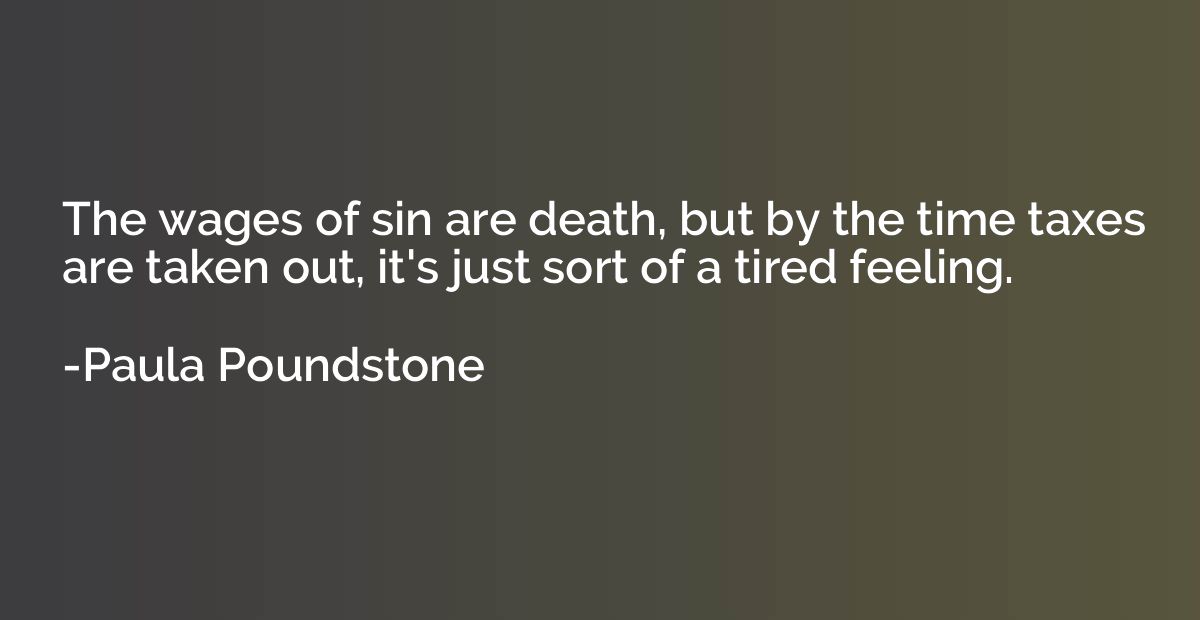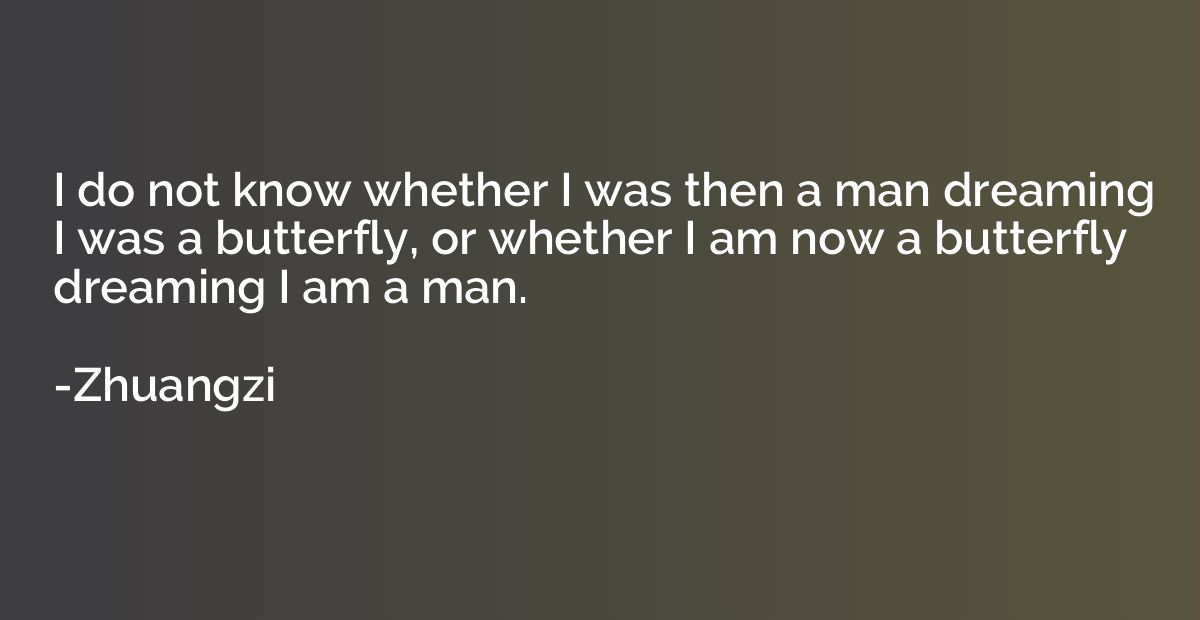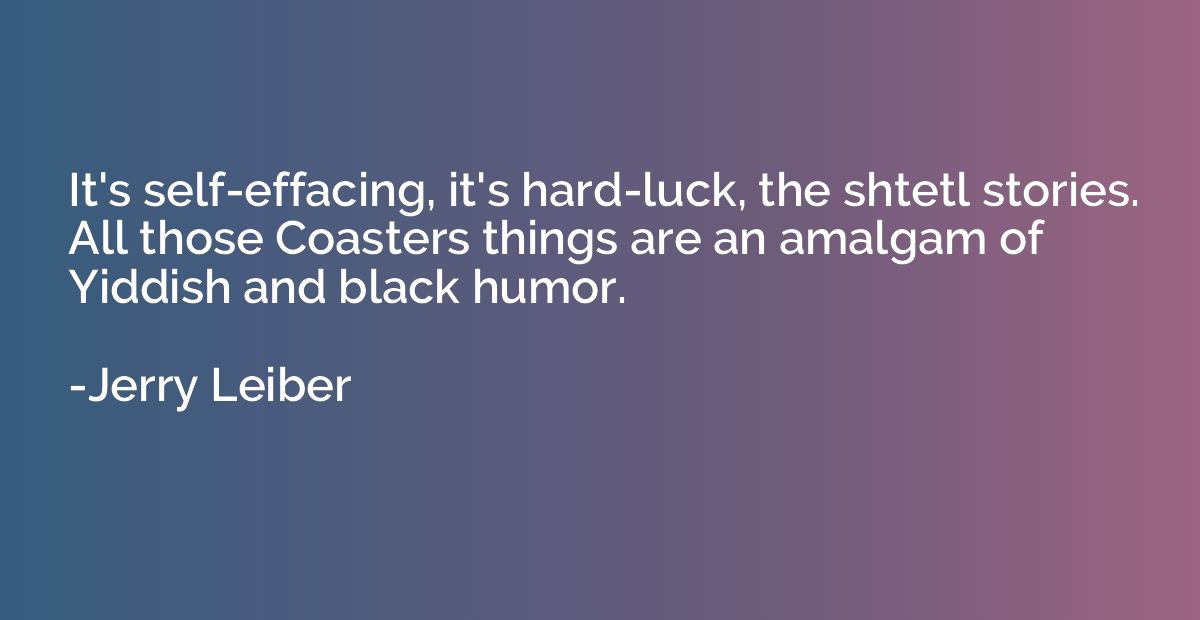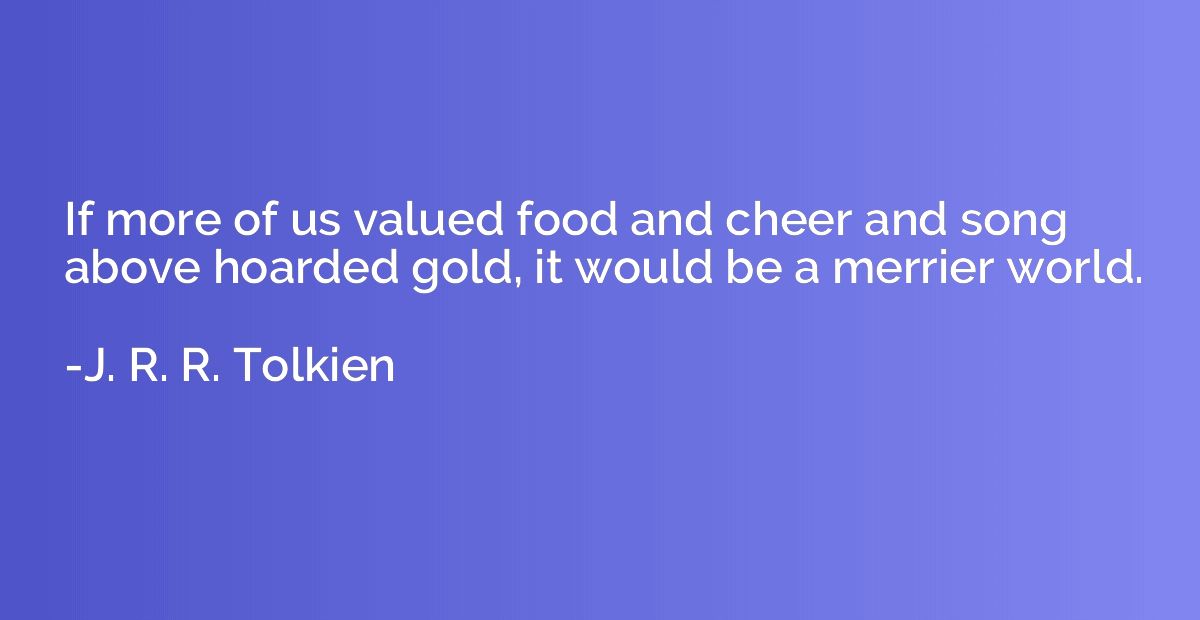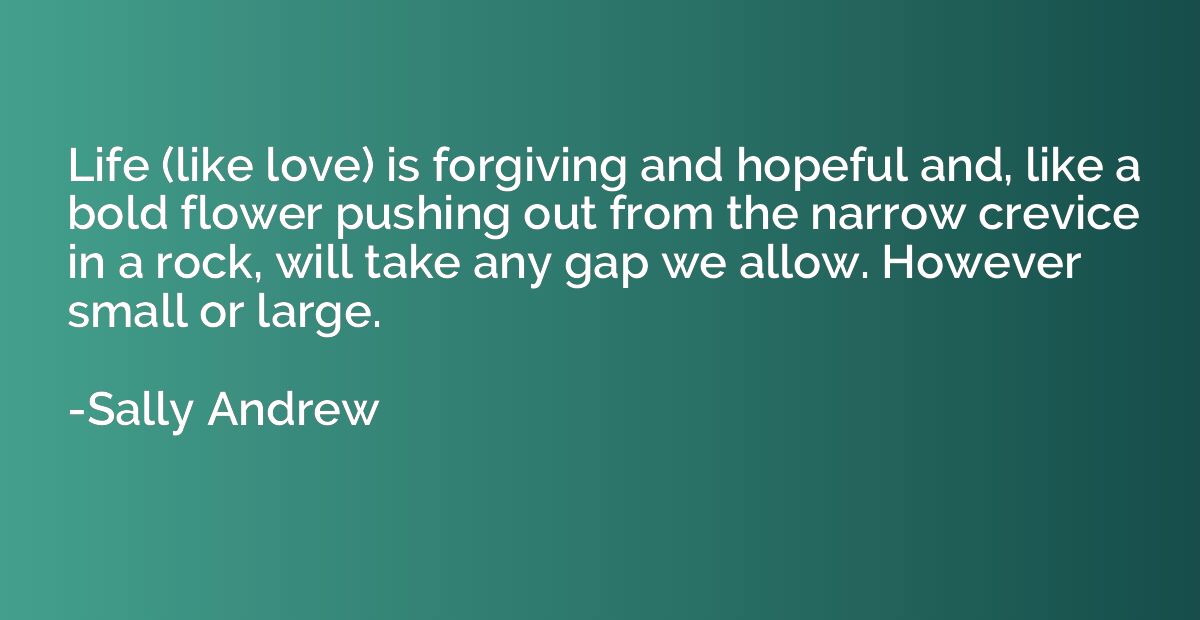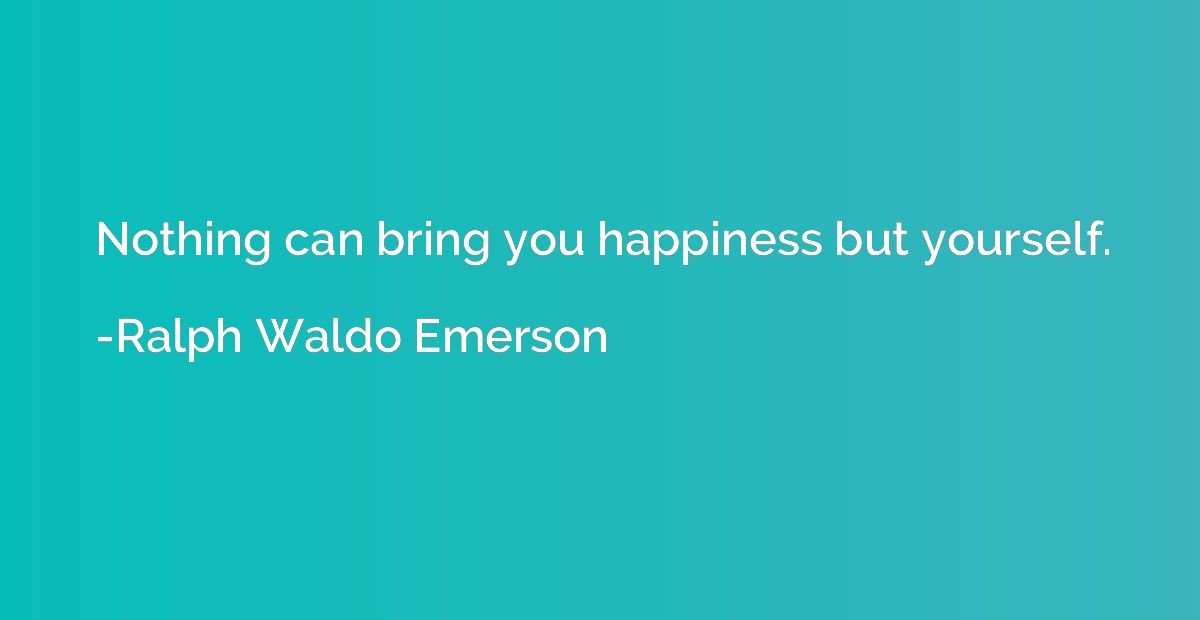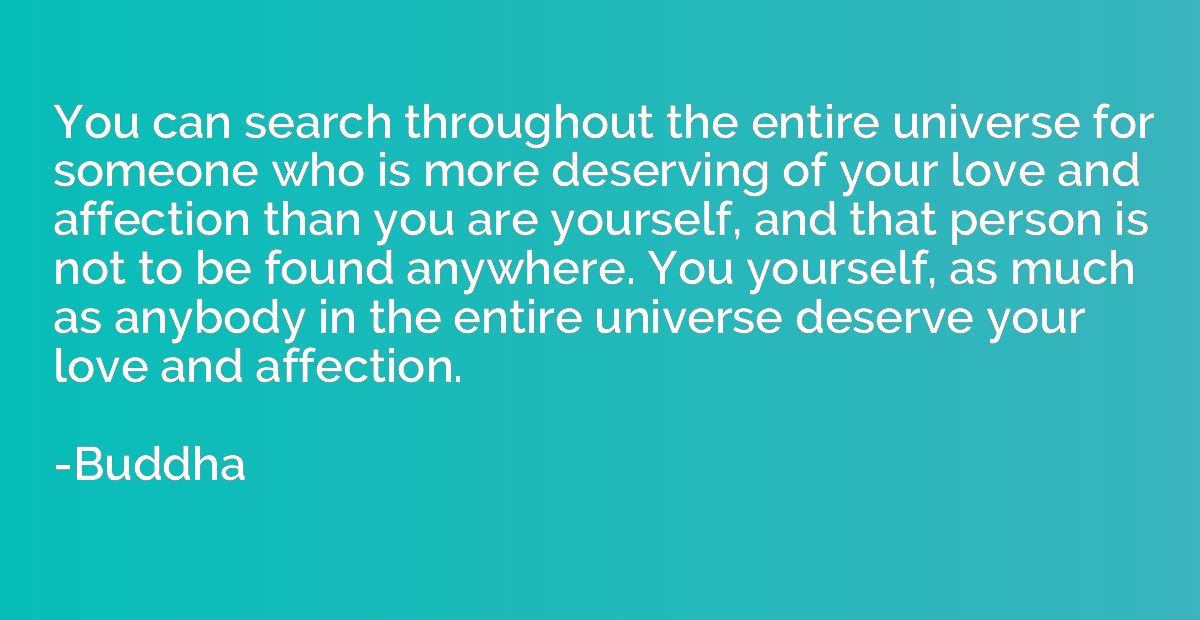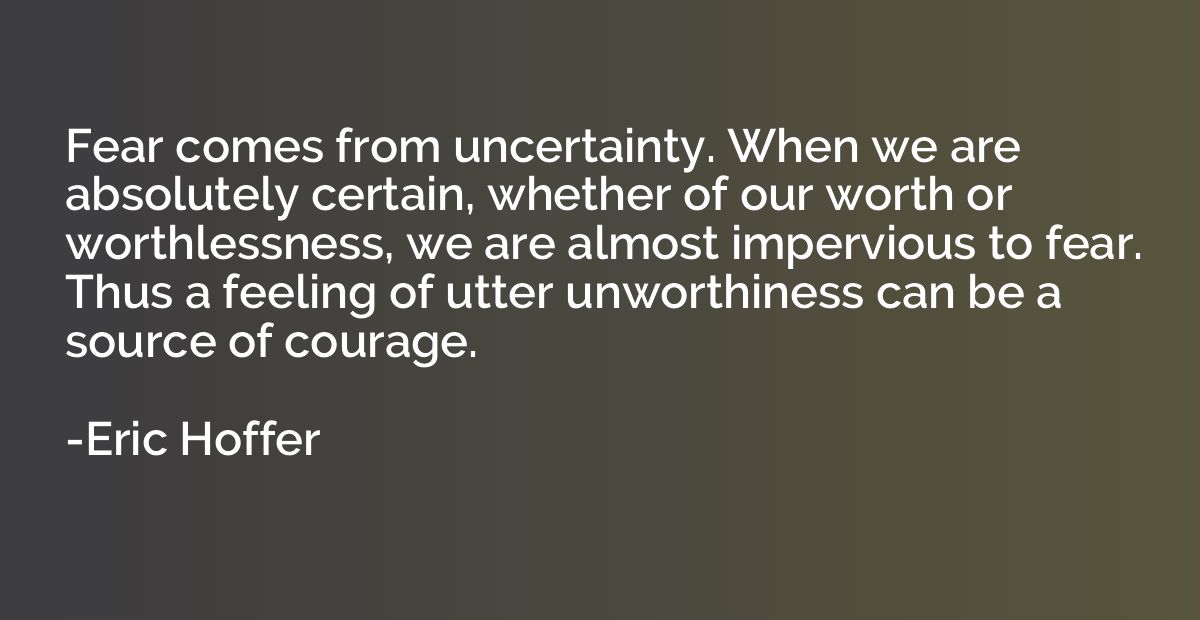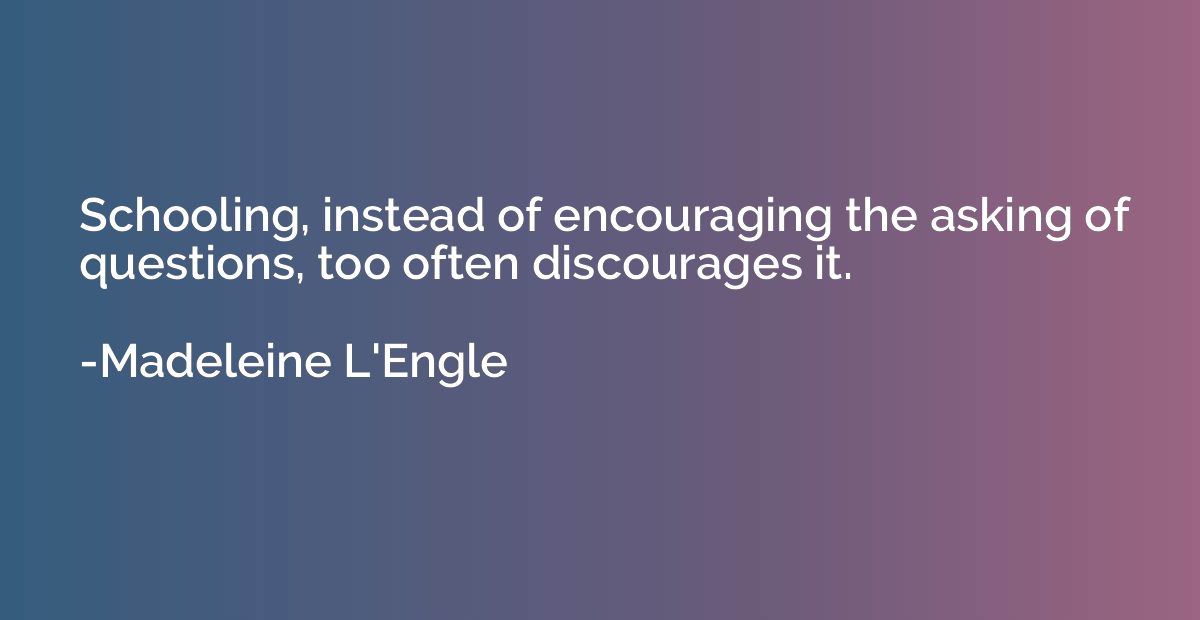Quote by J. P. Donleavy
But Jesus, when you don't have any money, the problem is food. When you have money, it's sex. When you have both, it's health, you worry about getting ruptured or something. If everything is simply jake then you're frightened of death.
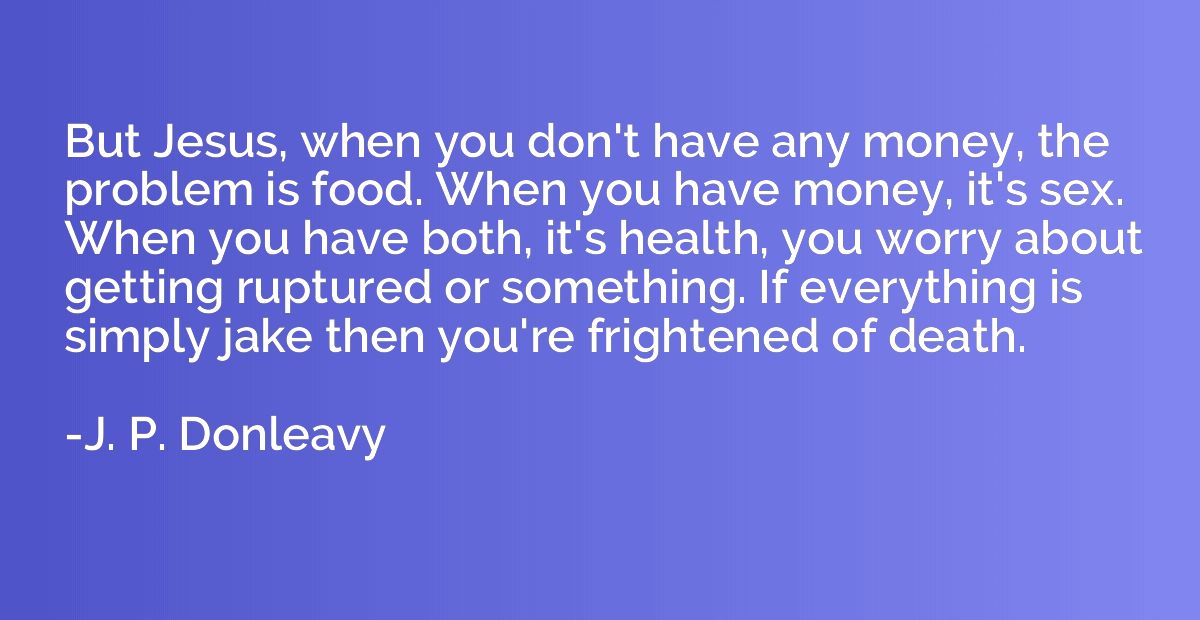
Summary
This quote suggests that life is a continuous cycle of worries and concerns. When one lacks money, the primary concern is fulfilling basic needs such as food. With financial stability, the focus shifts to desires or pleasures like sex. As both money and desire are satisfied, the concern then becomes health, fearing illnesses or physical harm. Finally, even when everything seems alright, the fear of mortality arises. This quote reflects the human tendency to constantly find something to worry about, no matter the circumstances.



